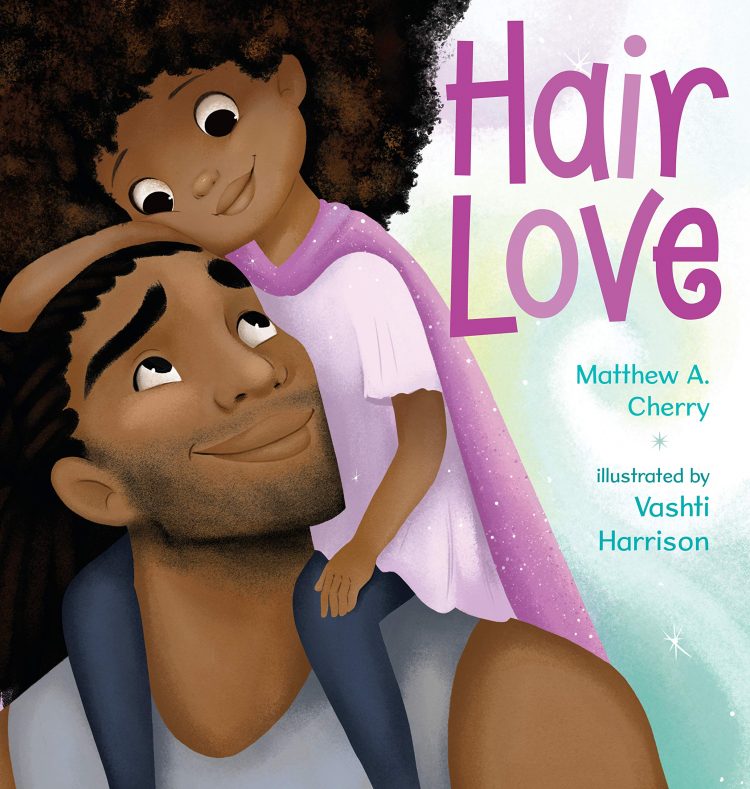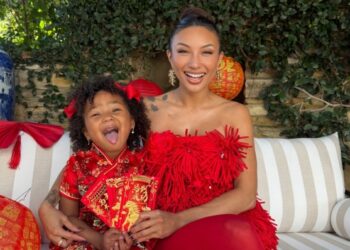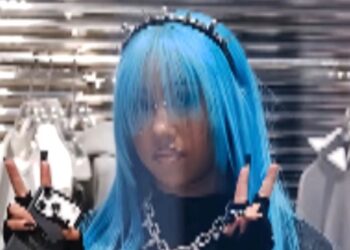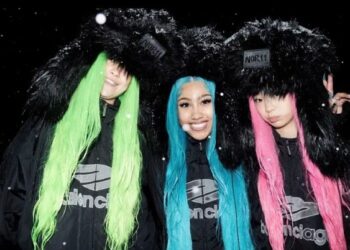2. Sulwe
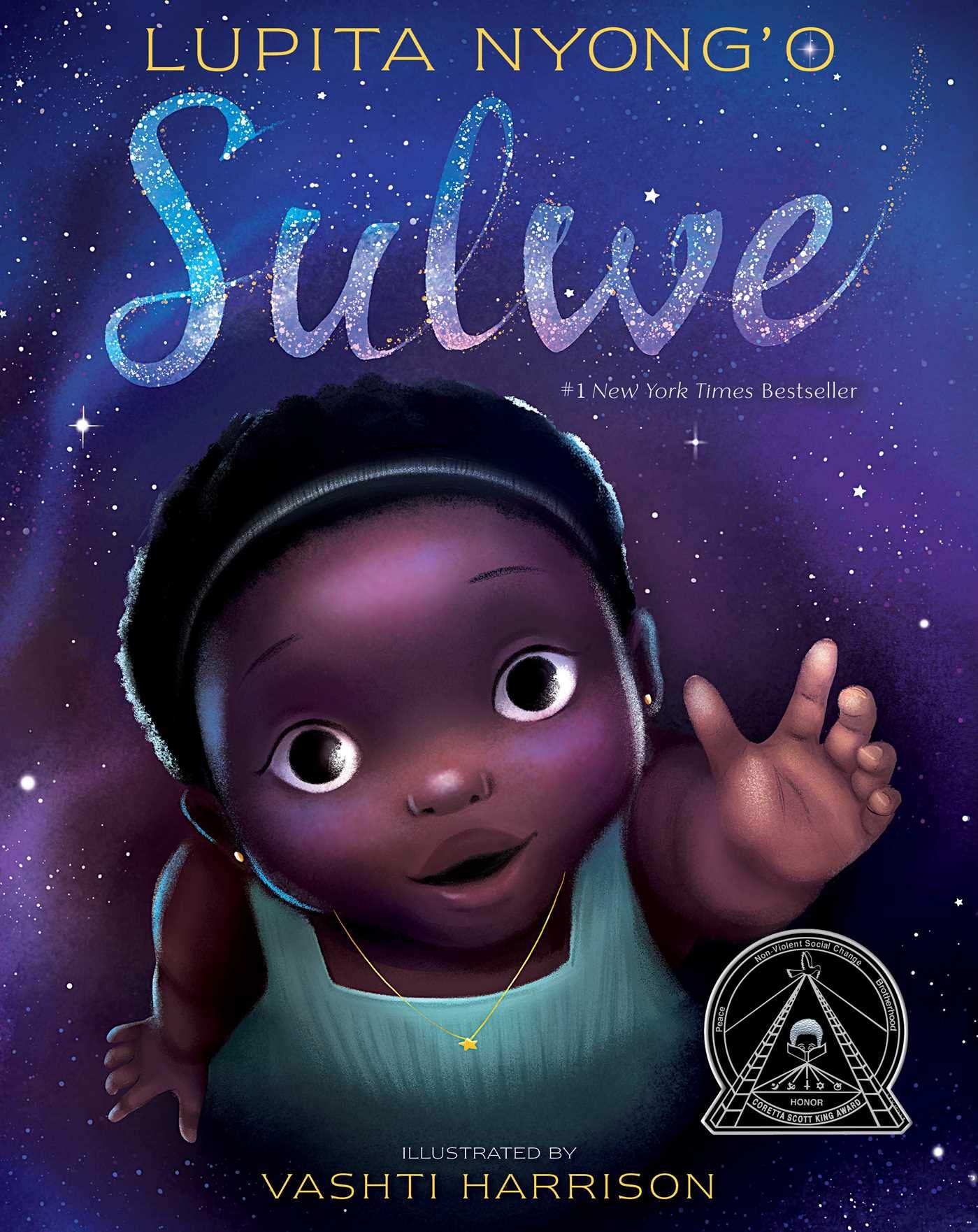
This lovely story Sulwe by Lupita Nyong’o, geared towards young readers, emphasizes the fact that all shades of black are beautiful, as Sulwe goes on a journey of discovering self-confidence and acceptance.
https://www.instagram.com/p/BvuYBZLhzyX/?utm_source=ig_embed
“Why do I look like midnight when my mother looks like dawn? Please make me fair as the parents I’m from.” she prays. “If you hear me, my Lord, and would like to comply, may I wake up as bright as the sun in the sky.”
European standards of beauty are something that plague the entire world—the idea that darker skin is not beautiful, that light skin is the key to success and love. Africa is no exception. When I was in the second grade, one of my teachers said, “Where are you going to find a husband? How are you going to find someone darker than you?” I was mortified. I remember seeing a commercial where a woman goes for an interview and doesn’t get the job. Then she puts a cream on her face to lighten her skin, and she gets the job! This is the message: that dark skin is unacceptable. I definitely wasn’t hearing this from my immediate family—my mother never said anything to that effect—but the voices from the television are usually much louder than the voices of your parents. …
I’ve heard people talk about images in popular culture changing, and that makes me feel great, because it means that the little girl I was, once upon a time, has an image to instill in her that she is beautiful, that she is worthy—that she can… Until I saw people who looked like me, doing the things I wanted to, I wasn’t so sure it was a possibility. Seeing Whoopi Goldberg and Oprah in The Color Purple, it dawned on me: “Oh—I could be an actress!” We plant the seed of possibility.
